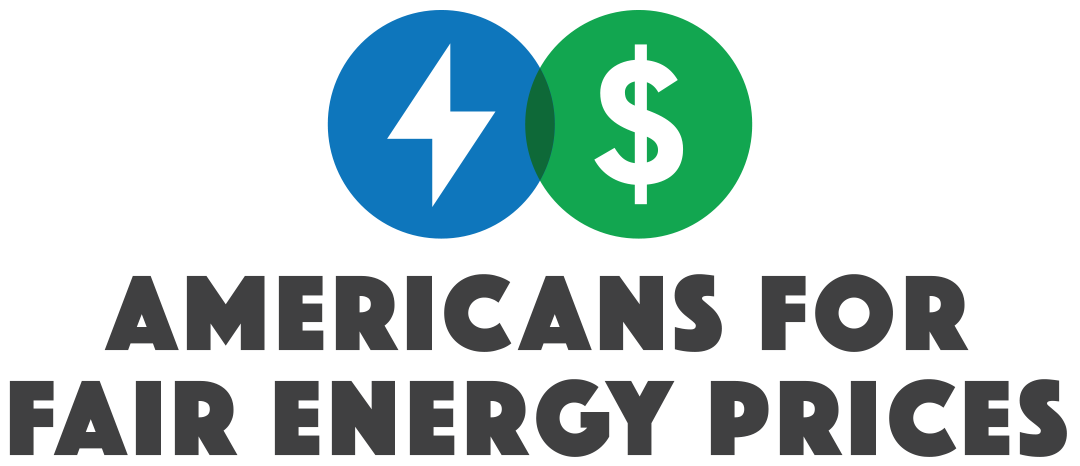The Power of Competition: How Competitive Bidding Reduces Energy Prices for American Consumers
Free market competition is woven into the fabric of our nation. The idea that innovation, hard work and fairness drive success is as American as apple pie.
More than just a core American value, competition is essential for delivering quality and affordable goods and services to American consumers. This is especially true in the energy sector, at a time when large-scale transmission line construction projects are needed to deliver affordable, reliable electricity to our homes.
By ensuring competition in large transmission projects, we promote fairness, protect consumers, and build a stronger, more reliable power grid.
Competitive Bidding: The Free Market Working to Keep Your Bills Lower
Competitive bidding is the process by which multiple companies compete to win contracts for major infrastructure projects, such as building and maintaining transmission lines. Instead of automatically awarding projects to favored players, competitive bidding opens the field to all qualified companies. Each company must present its best offer, and compete on lower prices, innovative solutions, and a commitment to quality. Competition ensures that the best ideas and the most efficient plans rise to the top, leading to a better deal and lower prices for consumers while maintaining a reliable energy supply.
Competition: A Core American Value
The principle of competition has been a cornerstone of the American economy since the nation's founding. This belief in the power of competition is what has driven American innovation and made the U.S. a leader in countless industries.
That’s why competition has bipartisan support, with both the Trump and Biden administrations speaking out against proposals to eliminate competition for transmission projects.
“Competition is a core organizing principle of the American economy, and vigorous competition among sellers in an open marketplace gives consumers the benefits of lower prices, higher quality goods and services, increased access to goods and services, and greater innovation,” wrote the Department of Justice under former President Trump.
Similarly, the current Department of Justice in the Biden Administration commented, “Previous experience has demonstrated that allocating the design and construction of regional transmission facilities to developers through competitive processes can significantly reduce costs and drive innovation.”
The Benefits of Competition in Energy Projects
Lower Costs for Consumers
Just as competition in any other sector lowers prices, competitive bidding in energy projects ensures that consumers get the best deal. According to a study by the Brattle Group, competitive bidding can reduce the cost of transmission projects by 20-30% compared to projects that are not competitively bid.
Let’s look at what that means in dollars. High voltage transmission lines can cost $1-$3 million dollars per mile to construct. So, 20-30% of $3 million is a savings of $600,000 to $900,000 per mile. Considering that transmission lines can run hundreds to even thousands of miles, competition provides hundreds of millions of dollars in savings to consumers (see here for examples).
Promoting Innovation and Reliability
Competition also pushes companies to innovate. In a competitive environment, energy companies are constantly looking for ways to outdo their competitors, whether by introducing cutting-edge technologies, improving the reliability of transmission lines, or reducing environmental impacts.
This drive to innovate benefits consumers in multiple ways. For instance, technologies like high-voltage direct current (HVDC) lines can transmit electricity over longer distances with fewer losses, making the entire system more efficient. And new alloys and other materials are being developed that can move more power, more efficiently. When companies are competing to offer the best solutions, we see more of these innovations—and a more reliable energy system as a result.
Fairness and Accountability
In America, we value fairness and transparency. When energy contracts are awarded through a competitive bidding process, qualified companies have a fair shot at winning the project. This keeps the process open and accountable, reducing the risk of favoritism and ensuring that consumers benefit from lower costs and better service.
When a company wins a project through competition, there’s a stronger expectation of accountability. If a company is chosen because of its strong proposal and low-cost bid, they’re more likely to follow through on their promises, knowing that another company is ready to take their place if they fall short.
Conclusion
Competitive bidding promotes these values by leveling the playing field and giving companies of all sizes the chance to contribute to America’s energy future. It drives down costs, encourages innovation, and holds companies accountable — values that reflect the very best of the American spirit.
